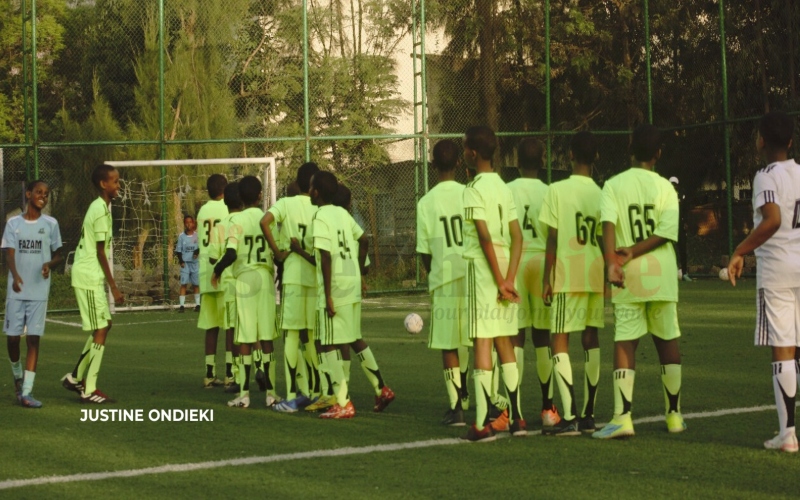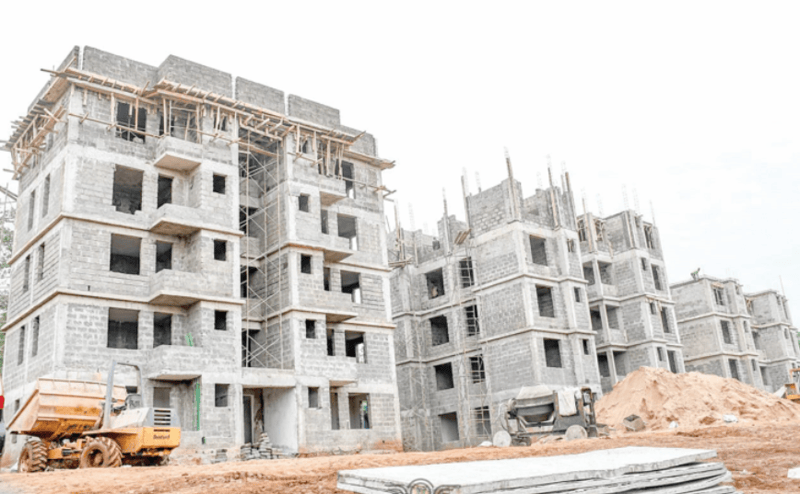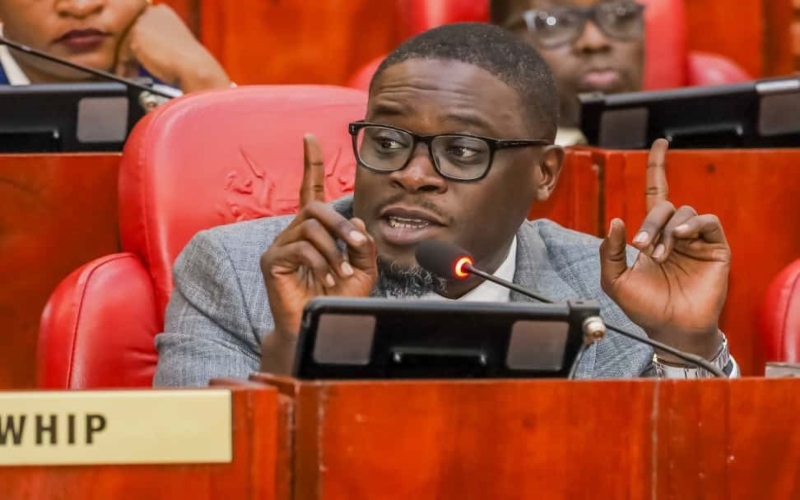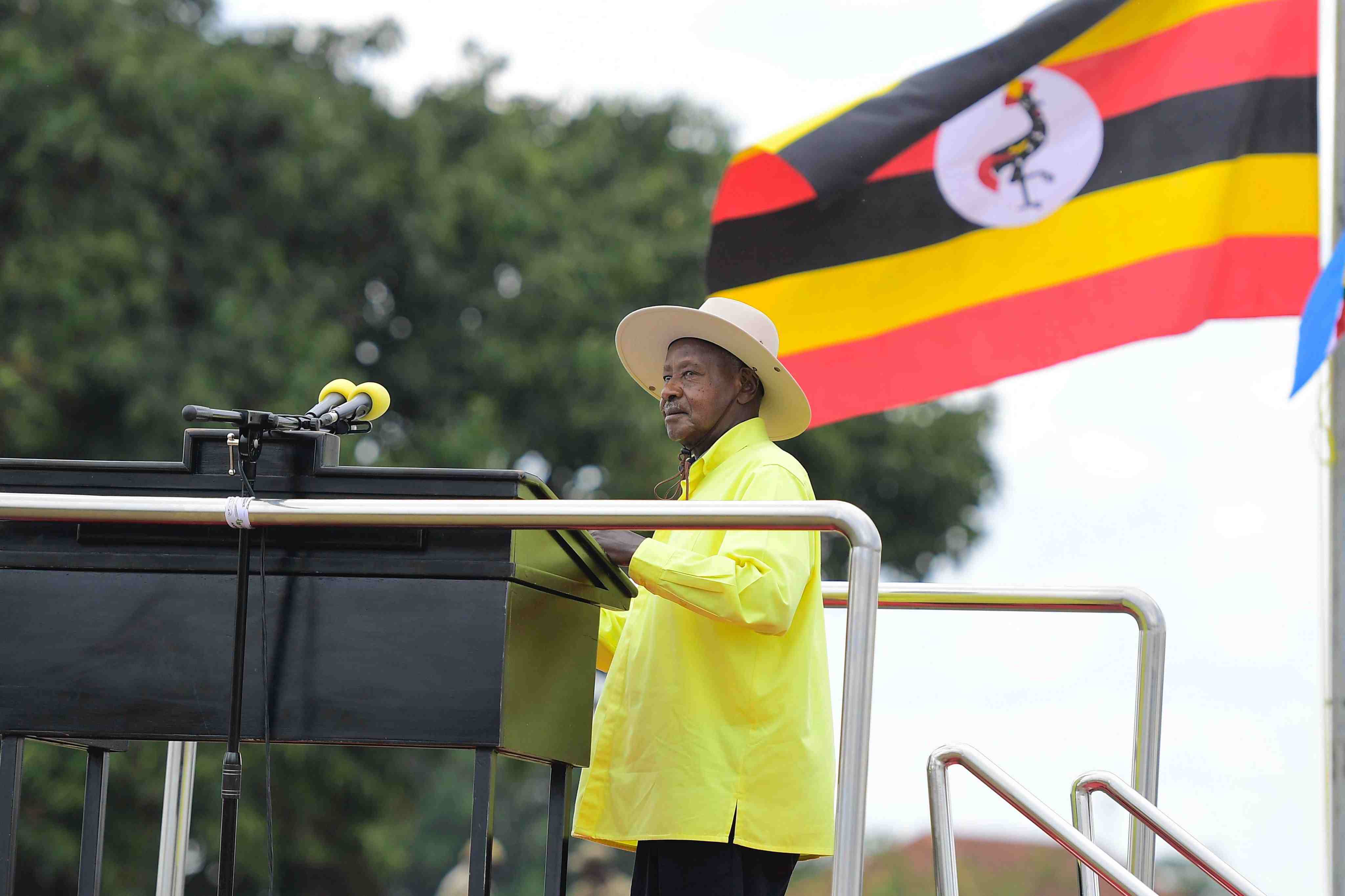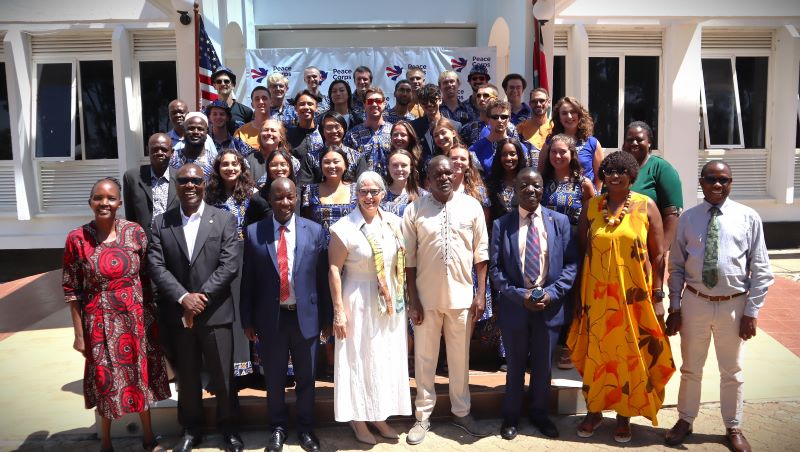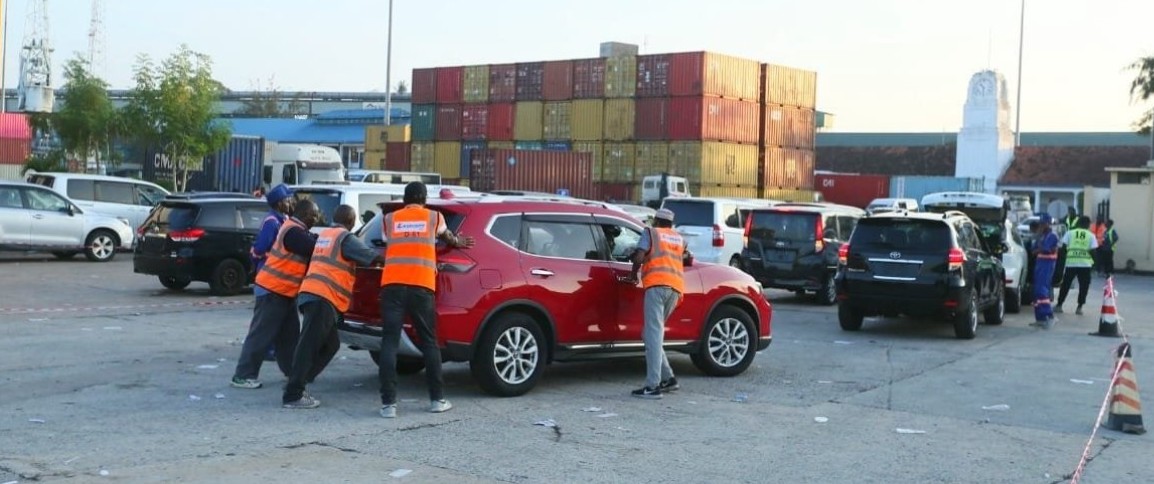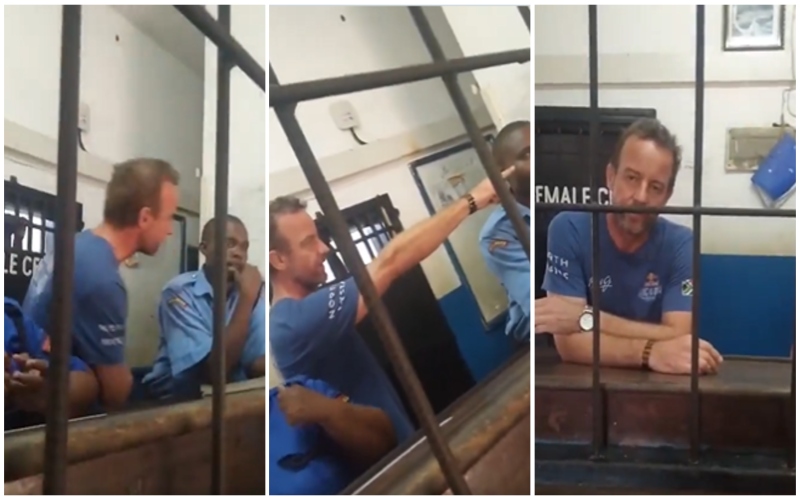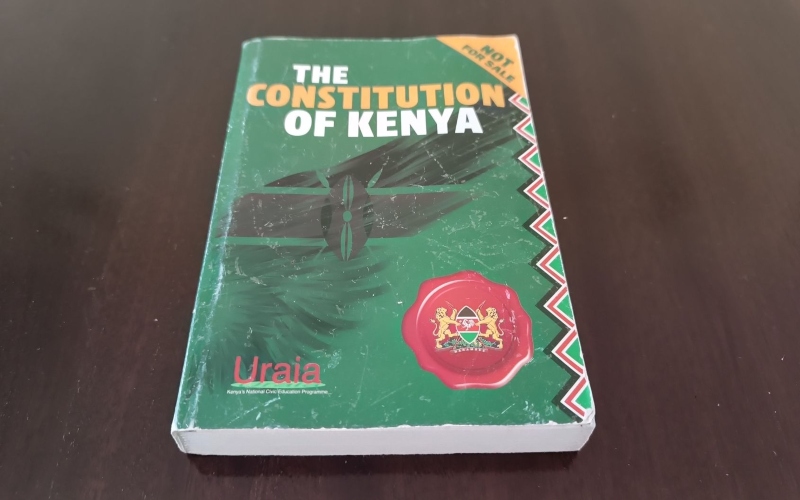Kenya secures Sh167.9 billion to expand affordable housing, low‑cost mortgages
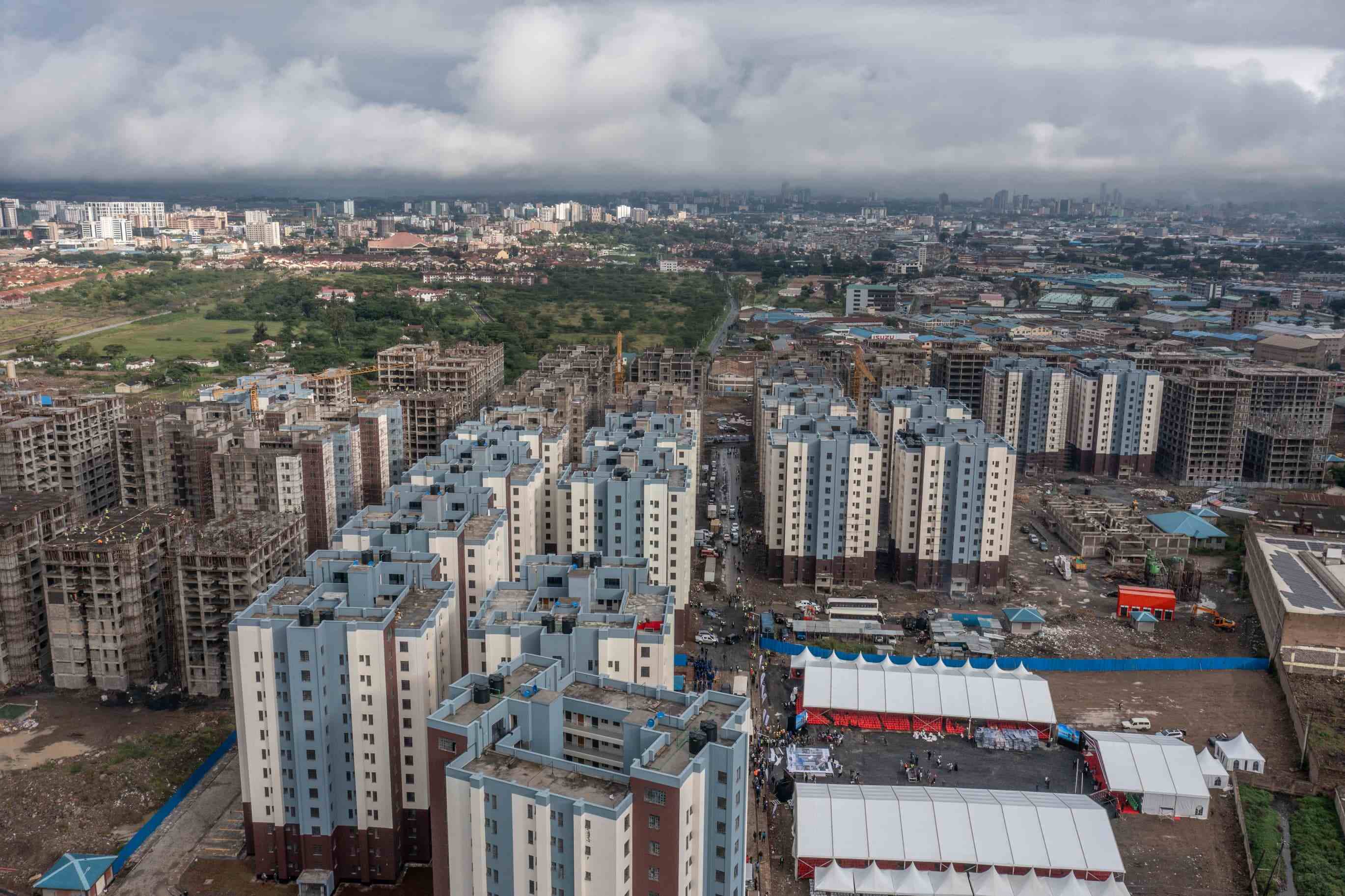
President Ruto has actively promoted the affordable housing program, seeking investment from international financiers to expand the supply of low-cost homes.
Kenya is set to receive substantial international support to accelerate its affordable housing program, with the World Bank leading efforts to mobilise $1.35 billion (Sh167.9billion) for low-cost mortgages and new housing developments.
The funding package includes a $375 million (Sh48.4 billion) concessional loan from the World Bank and assistance in raising an additional $900 million (Sh116.3 billion) from commercial lenders through a sustainability-linked sovereign loan.
More To Read
- Makongeni residents protest planned demolitions under affordable housing project
- Only 4 per cent of Kenyans can afford Sh10 million homes - survey
- MPs demand trader-centered designs in ESP market projects
- Nairobi housing projects face scrutiny over delays and poor workmanship
- Construction sector rebounds as cement demand hits record high
- MPs push for faster delivery of affordable housing, economic stimulus projects
The OPEC Fund will also contribute $75 million (Sh9.6 billion) to the initiative.
The Kenya Mortgage Refinance Company, a state-run entity, will play a central role in distributing affordable mortgages and refinancing existing home loans under the program.
According to the World Bank, the sustainability-linked loan is aimed at expanding Kenya’s sources of finance, cutting borrowing costs, and showcasing how government debt can be structured to produce measurable development results.
The loan is expected to receive approval by May 2026.
The country faces a severe housing shortage, with a deficit of over two million units and around 250,000 new households entering the market every year.
“New supply has averaged less than 50,000 units, fueling the growth of informal settlements, where 62 per cent of urban residents now live,” the World Bank noted.
Highlighting the challenges of housing affordability, the Bank said, “Affordability is also a constraint, as three-quarters of employees in formal work earn below 50,000 shillings per month and are essentially priced out of traditional mortgage products.”
President Ruto has actively promoted the affordable housing program, seeking investment from international financiers to expand the supply of low-cost homes.
In addition to the World Bank, the International Finance Corporation (IFC) has supported the sector through financing local developers and investing in the Green Affordable Housing Fund, which aims to increase the delivery of environmentally sustainable housing.
The World Bank is also supporting credit guarantee schemes that could help non-salaried and informal workers access mortgage finance.
Ruto’s engagement with Gulf investors has already brought significant investment from countries such as Saudi Arabia, helping to fast-track the rollout of affordable housing projects across the country.
Top Stories Today

